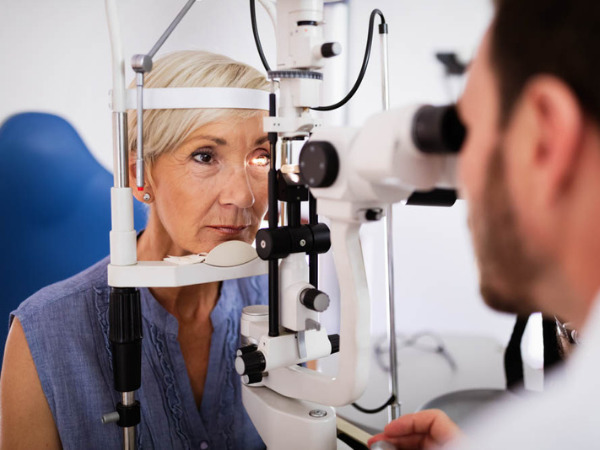Search
Search
Do you think you may have cataracts? At Swagel Wootton Eye Institute in Arizona, we can perform simple diagnostic tests to determine what’s going on with your eyes. If necessary, our board-certified surgeons may recommend cataract surgery to correct your vision and help you see clearly again.
Cataracts develop slowly and may not impact your vision when they first form. However, as the cataract gets bigger, it distorts the light that hits your lens, leading to more noticeable symptoms.
Following are the most common cataract symptoms, which are consistent with what we’ve seen in our practice:


If you’re experiencing any of these symptoms, there are several diagnostic tests an ophthalmologist can perform to determine if cataracts are the cause. These include:

Approximately half of those over 80 have vision impaired by cataracts. Besides age, risk factors for developing cataracts include:
You can’t really control whether you get cataracts. However, here are some preventive measures to help you maintain healthy vision and possibly slow the progression of cataracts:
If you have one or more symptoms of cataracts or fall in any of the risk categories, you can take our Cataract Self-Test for a more definitive answer.
